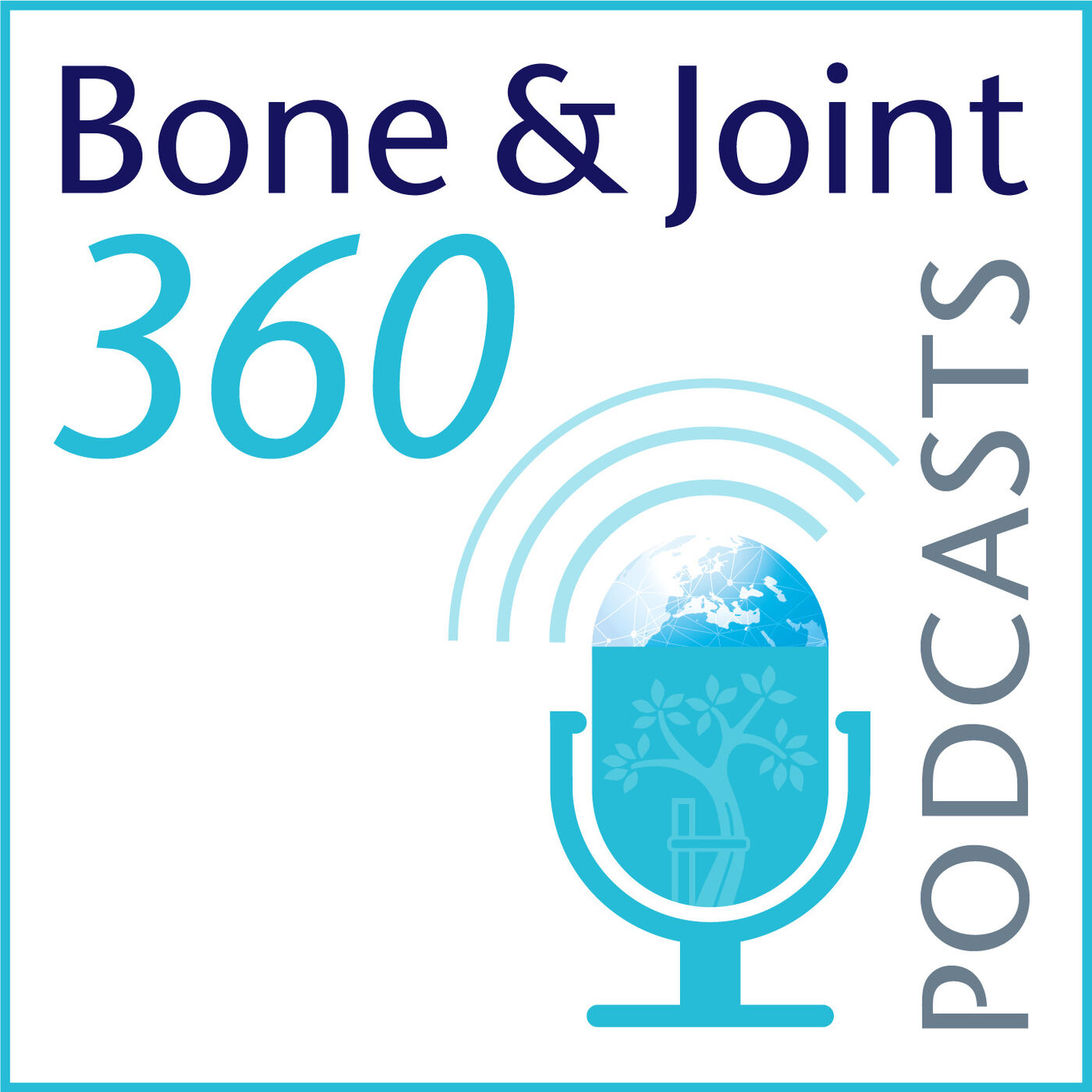Curious about how the future of orthopaedic surgery scholarly publications is shaping up? This episode features a deep dive with Marc F. Swiontkowski, MD, FAOA who provides an authoritative look at the challenges and opportunities facing the field. From the unintended consequences of open access mandates leading to a surge in subpar journals and paper mills, to the crucial rise in retracted manuscripts due to poor peer review, Dr. Swiontkowski explores every avenue. Also covered is the role of hybrid open access models and the complexities surrounding preprint servers, especially in the wake of the COVID-19 pandemic. This is an unmissable conversation that underscores the need for rigorous peer review and global cooperation to maintain the integrity of orthopaedic research.
In another compelling segment, the pitfalls and limitations of using large clinical databases and registries in medical research is assessed. Learn how missing data and skewed populations can skew your conclusions and why it’s crucial to approach these resources with a critical eye. The misuse of statistical methods by some researchers to chase positive associations without a clear research question, and how this can dilute scientific rigor is also discussed. Finally, how academic journals may inflate their impact factors and the transformative—and sometimes troubling—role of AI in academic publishing is explored. This episode is packed with invaluable insights for anyone vested in the future of orthopaedic surgery research and publications.
This website uses cookies so that we can provide you with the best user experience possible. Cookie information is stored in your browser and performs functions such as recognising you when you return to our website and helping our team to understand which sections of the website you find most interesting and useful.



